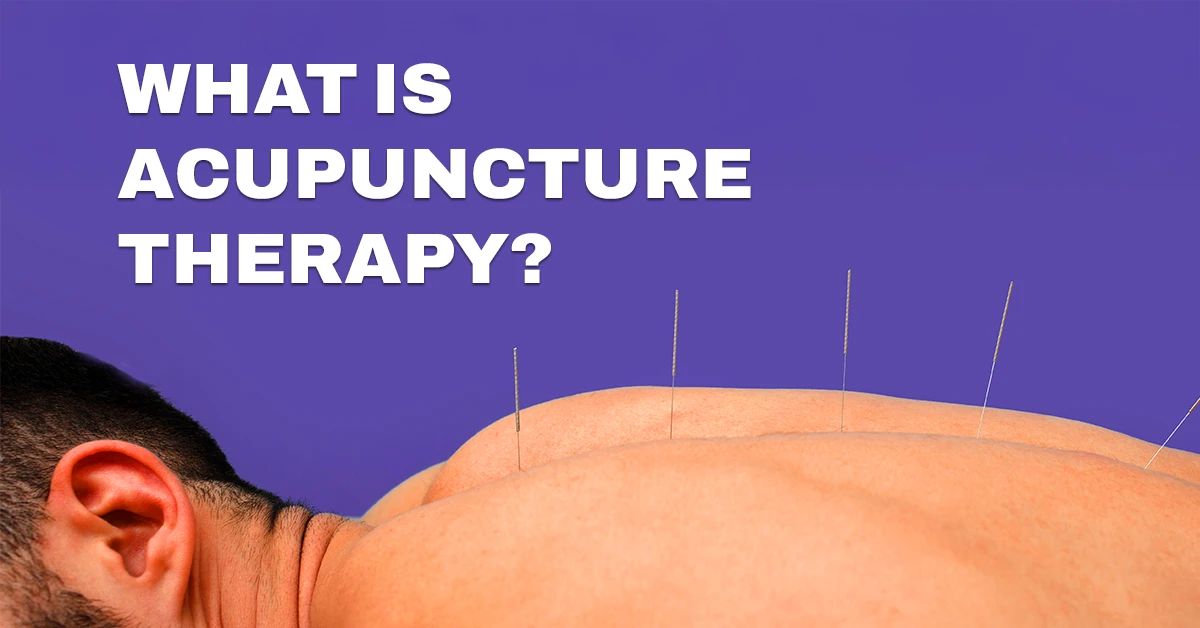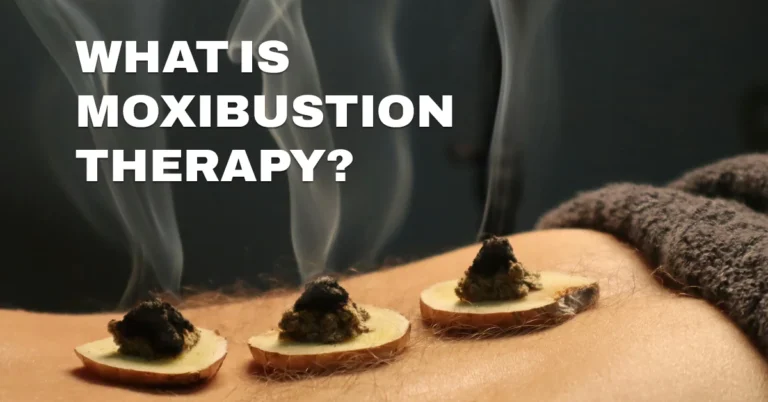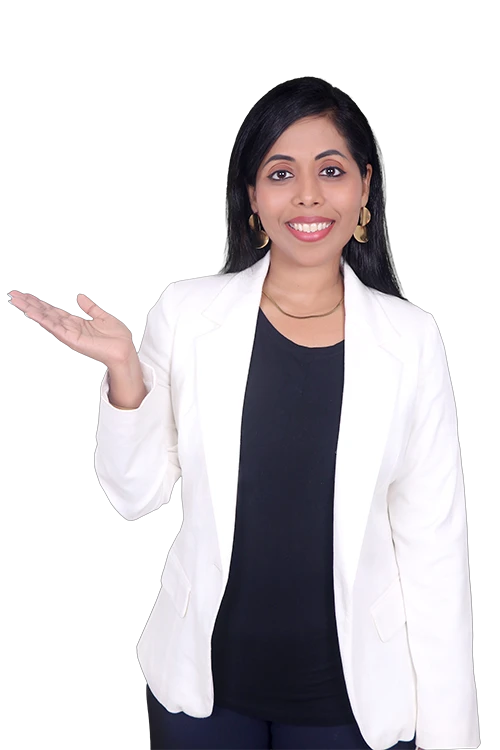Have you ever wondered why people let someone stick fine needles into their skin—on purpose? While it might sound intimidating at first, acupuncture has helped millions around the world find relief from pain, stress, and a variety of chronic conditions. But what exactly is it, and how does it work?
In this post, we’ll explore the fundamentals of acupuncture therapy, how it’s used, and what you can expect if you decide to try it.
What Is Acupuncture?
Acupuncture is a healing practice rooted in Traditional Chinese Medicine (TCM) that involves inserting very thin needles into specific points on the body. These points are believed to lie along energy pathways, or meridians, through which Qi (pronounced “chee”)—the body’s vital life force—flows.
The goal of acupuncture is to restore the proper flow of Qi, encouraging the body to heal itself naturally.
A Brief History of Acupuncture
Acupuncture has been practiced for over 2,000 years, originating in ancient China. Its early techniques were based on observations of nature, the body, and the balance between opposing forces known as Yin and Yang.
Though once met with skepticism in the West, acupuncture gained wider acceptance in the 20th century and is now recognized by organizations like the World Health Organization (WHO) and National Institutes of Health (NIH) as a legitimate complementary therapy.
How Does Acupuncture Work?
Traditional Perspective
In TCM, disease is seen as a result of imbalances or blockages in the flow of Qi. By targeting specific acupuncture points, practitioners aim to unblock or redirect this energy, restoring balance and promoting health.
Western Perspective
While Qi isn’t a scientifically measurable concept, many Western researchers believe acupuncture:
- Stimulates nerves and muscles
- Releases endorphins (natural painkillers)
- Improves blood circulation
- Modulates the nervous system
In other words, acupuncture may work both physically and neurologically, explaining its wide-ranging benefits.
What Conditions Does Acupuncture Treat?
Acupuncture is most often used to treat:
- Chronic pain (e.g., back pain, neck pain, arthritis)
- Migraines and headaches
- Anxiety and depression
- Insomnia and fatigue
- Digestive issues (e.g., IBS)
- Menstrual and fertility concerns
While not a cure-all, many patients find it an effective complement to other forms of treatment.
⚠️ Always consult your healthcare provider before beginning any new therapy.
What to Expect During a Session
First-timers are often surprised at how gentle and relaxing the process can be.
Here’s what typically happens:
- Initial consultation: Your practitioner will ask about your health, symptoms, and lifestyle.
- Needle insertion: Fine, sterile needles are inserted into specific points. You may feel a slight tingling or dull ache, but it’s usually painless.
- Relaxation time: You’ll rest with the needles in place for about 20–30 minutes.
- Aftercare: You may feel calm, energized, or mildly sore afterward.
Benefits of Acupuncture
Some of the most commonly reported benefits include:
- Pain relief without medication
- Improved sleep and digestion
- Reduced stress and anxiety
- Enhanced overall well-being
It’s a holistic approach—treating not just symptoms, but the whole person.
Are There Any Risks?
When performed by a certified, licensed acupuncturist, acupuncture is generally very safe.
Possible (but rare) side effects:
- Mild bruising or soreness
- Temporary dizziness
- Light bleeding at needle sites
To minimize risk, make sure your practitioner uses sterile, single-use needles and is trained in proper techniques.
Is Acupuncture Right for You?
Acupuncture might be a good fit if:
- You’re looking for natural pain relief
- You want to reduce your reliance on medication
- You’re managing stress or chronic health issues
- You’re open to alternative or complementary therapies
However, people with bleeding disorders, pacemakers, or pregnant women should consult their doctor before trying it.
Final Thoughts
Acupuncture offers a unique blend of ancient wisdom and modern healing. Whether you’re dealing with chronic pain, stress, or just looking to boost your overall wellness, it may be worth exploring.
With minimal risk and a growing body of evidence supporting its benefits, acupuncture continues to be a valuable part of holistic healthcare.
Curious to try it? Speak with a licensed acupuncturist in your area and see if acupuncture is right for your body and lifestyle.
Frequently Asked Questions About Acupuncture
1. Does acupuncture hurt?
Not usually. The needles are very thin—about the width of a human hair. Most people feel little to no pain. You might feel a brief pinch, tingling, warmth, or a dull ache, which often fades quickly.
2. Is acupuncture safe?
Yes—when performed by a licensed, certified practitioner using sterile, single-use needles. Minor side effects like bruising, soreness, or dizziness are rare and usually temporary.
3. How many sessions will I need?
It depends on your condition, goals, and how your body responds. Some people feel relief after one session, while chronic issues might require 6–12 sessions or more over several weeks.
4. What should I do before and after my appointment?
- Before: Eat a light meal (don’t go in on an empty stomach), wear loose clothing, and stay hydrated.
- After: Avoid intense exercise, stay hydrated, and rest if needed. You may feel calm or even tired afterward.
5. Can acupuncture help with anxiety or stress?
Yes. Acupuncture is often used to calm the nervous system, reduce cortisol levels, and promote a relaxed state. Many patients report better sleep and reduced tension after treatments.
6. Are there any risks or people who should avoid it?
Acupuncture is generally safe, but consult your doctor if you:
- Are pregnant
- Have a bleeding disorder
- Use a pacemaker
- Take blood-thinning medication
7. Will insurance cover acupuncture?
Some insurance plans now cover acupuncture for conditions like chronic pain or migraines. Check with your provider and make sure your practitioner is in-network or licensed.
8. What’s the difference between acupuncture and dry needling?
Though both use needles, acupuncture is based on traditional Chinese medicine and targets energy meridians, while dry needling is a Western technique focused on releasing tight muscle knots (trigger points).





